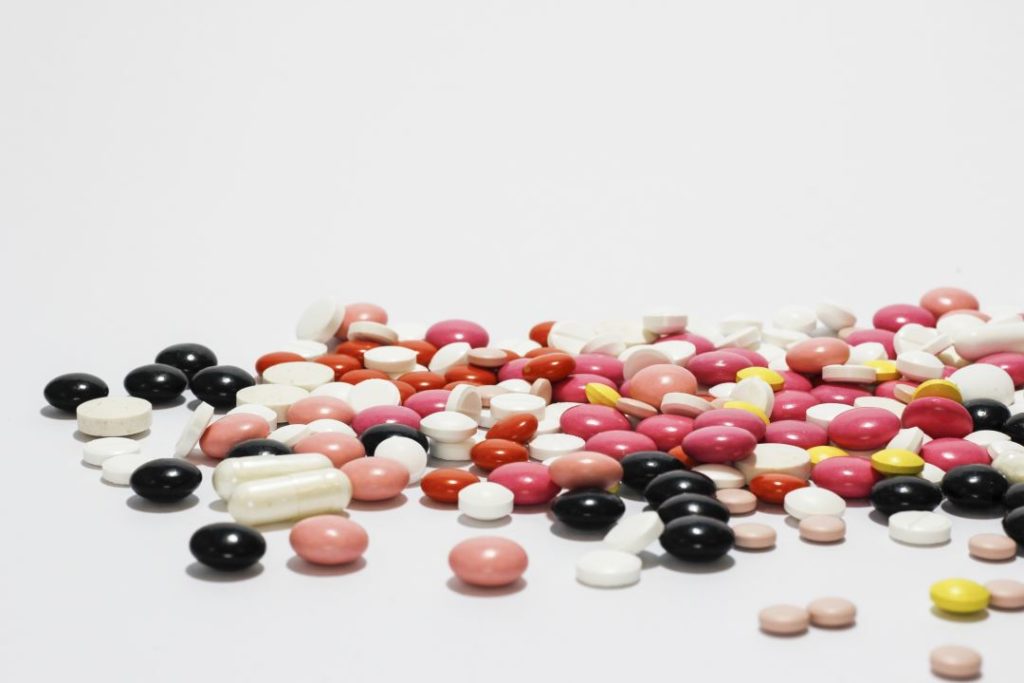
Courtesy – Telegraph article http://www.telegraph.co.uk/health/healthnews/11275603/Texting-patients-to-remind-them-to-take-pills-could-save-thousands-of-lives-a-year.html
Texting patients to remind them to take drugs could prevent the deaths of thousands of people from stroke or heart attack and save the NHS millions of pounds each year, a new study suggests.
Texting patients to remind them to take drugs could prevent the deaths of thousands of people from stroke or heart attack and save the NHS millions of pounds each year, a new study suggests.
Currently £500 million is wasted each year because patients do not continue their prescribed medication.
However a new study by Queen Mary University of London showed that sending a text reminder improved the uptake of pills by 64 per cent.
Not only would it stop the National Health Service wasting millions on drugs, it would also stop thousands of people dying needlessly because they fail to take medication which lowers their cholesterol or blood pressure.
Professor David Wald, Consultant Cardiologist and Lead Author, Queen Mary University of London, said: “An important and overlooked problem in medicine is the failure to take prescribed medication.
Around a third of people do not take their treatment as prescribed. Some patients forget to take their tablets and others stop because of uncertainty over the benefits or harms of treatment.
Researchers asked 303 people over a six month period to take part in a study to find out if texting would be beneficial.
The ‘text message’ group received texts every day for two weeks, alternate days for two weeks and then weekly for 6 months, asking if they had taken their medication that day. Patients who had not, or did not reply, were telephoned and offered help.
In the ‘no text’ group, 25 per cent of patients stopped their medication completely or took less than four fifths of their prescribed treatment, compared with only 9 per cent in the ‘text message’ group.
David Taylor, Emeritus Professor of Pharmaceutical and Public Health Policy at UCL, added: “The health implications of these results are considerable from both an economic and a health gain perspective.
“Most people now own a mobile phone and text messaging could be coupled with each relevant prescription, preventing several thousand heart attacks and strokes in the UK each year.
“The method is not limited to cardiovascular disease prevention and could be used for patients on treatment for other chronic diseases.”
The research was published in the journal PLOS One.